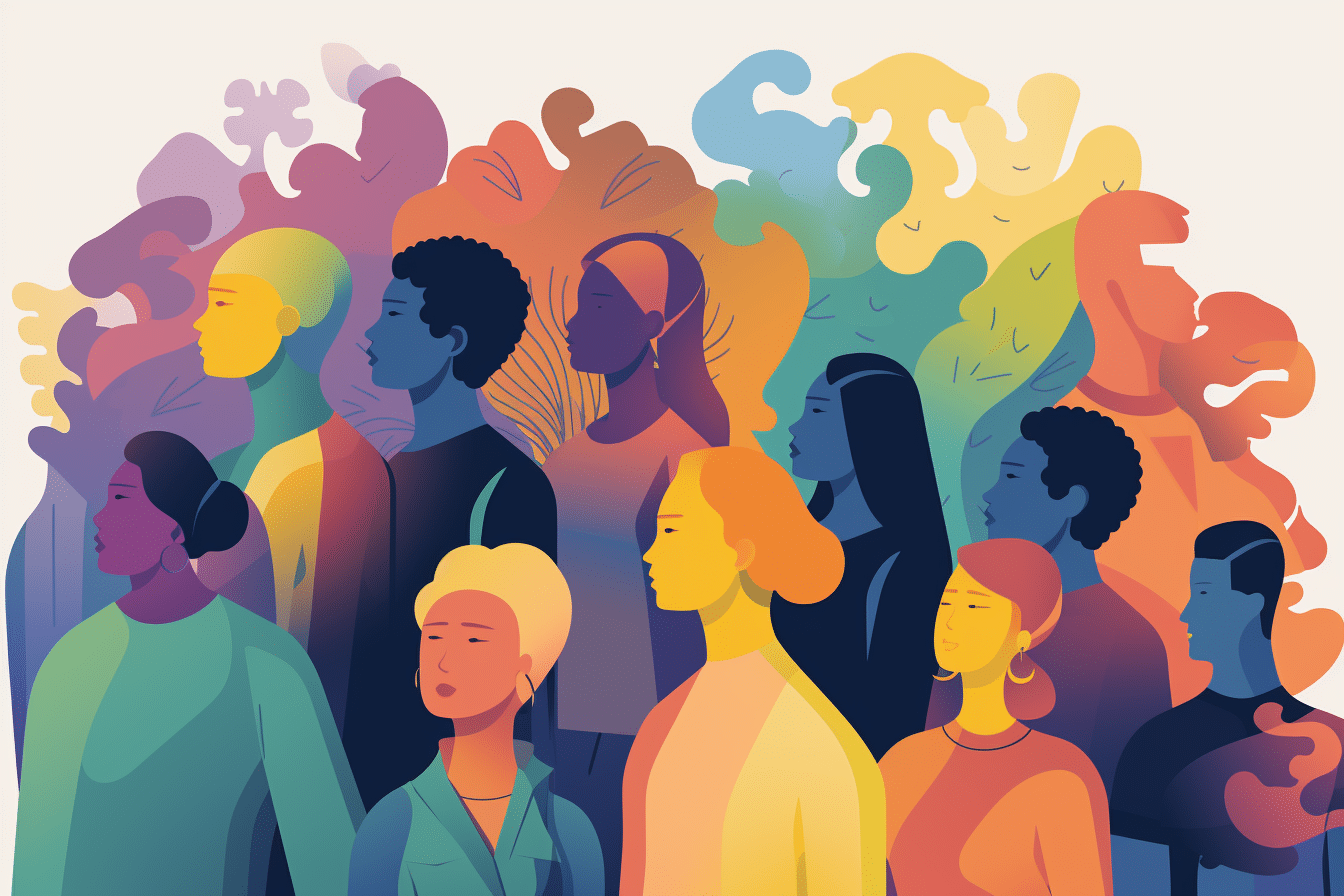“We are not what we know but what we are willing to learn.” This insightful quote about the willingness to learn by Mary Catherine Bateson carries a profound meaning that resonates deeply with anyone on the journey of personal growth and self-development. But who is Mary Catherine Bateson, and why does this quote bear such weight? Let’s dive into its origin, relevance to wisdom, and how it ties into the broader personal growth perspective.
Who is Mary Catherine Bateson?
Mary Catherine Bateson was an American writer and anthropologist renowned for her thought-provoking ideas and writings. She hailed from a family of intellectuals, the daughter of Margaret Mead, who popularized the subject in the United States, and Gregory Bateson, both prominent anthropologists. Her words often focus on aspects of human life and learning; this quote is no exception.
What Does the Quote Mean? How Does Willingness To Learn Help?
The quote invites us to consider that wisdom isn’t just a static accumulation of knowledge. Instead, it’s an ongoing learning, relearning, and adaptation process. Your worth isn’t defined by what you already know; it’s constantly changing thanks to your willingness to expand your knowledge and grow.

How it Relates to Wisdom
Wisdom is often mistaken for mere intelligence or being well-read. While these aspects contribute to wisdom, they don’t entirely define it. Wisdom is a combination of experience, knowledge, and good judgment. It also includes a unique aspect: the openness to continue learning.
Being willing to learn keeps you humble. It admits that no matter how much you know, there’s always room for more. This constant room for growth is what differentiates wisdom from mere intelligence.
The Process of Acquiring Wisdom
Four qualities help people seek and acquire wisdom. A love of learning is only sometimes enough, although it’s a significant advantage. The desire to better yourself and your experience also weighs heavily on your quest for knowledge.
- Open-mindedness: Being willing to consider other perspectives is the first step in the path of wisdom.
- Critical Thinking: Don’t just consume information; analyze it. Understand the ‘why’ and ‘how’ behind the ‘what.’
- Application: Applying what you’ve learned gives you experience, and from knowledge comes good judgment.
- Reflection: This is the feedback loop for wisdom. Reflect on your experiences, adjust your understanding, and prepare for future learning.
Fortunately, anyone can become more knowledgeable and gain wisdom. Direct experience teaches many lessons, and information is everywhere in our connected world. That’s why desire and consistency differentiate many people’s forays into personal development.
Personal Growth and Unique Mindset
Embracing a mindset that is willing to learn is crucial for personal development. Whether learning a new skill, adopting a new lifestyle, or becoming a better version of yourself, growth can’t happen in a vacuum. Get the most out of your willingness to learn and dive into new topics.
Elements of Growth Mindset:
Adopting a growth mindset helps you change the way you view challenges. Once you’re willing to meet your challenges head-on, you’ll begin to push your way forward. It doesn’t matter who supports you or wishes you succeed. You have the power and are in control of any effort. Develop these three qualities and win every time.
- Discipline: Establishing routines that allow you to practice and refine your learning.
- Self-awareness: Being frank with yourself about your strengths and weaknesses.
- Resilience: Acknowledging that setbacks are a natural part of the learning process.
These concepts are straightforward, but making them a part of your life takes work. You can do it, especially if you plan on accomplishing something big!
Take Action!
Mary Catherine Bateson’s quote is a call to action. It challenges us to go beyond our current state and aspire for growth. Keep this insight close to your heart as you progress your personal development journey. It is the guiding principle to transform your life, one lesson at a time.
So, what are you willing to learn today?
A Growth Mindset is the belief that abilities and intelligence can be developed through dedication, hard work, and a love for learning. Unlike a Fixed Mindset, where people believe their abilities are unchangeable, a Growth Mindset opens doors to new possibilities. Embrace a willingness to learn to achieve new objectives.
In a Fixed Mindset, people often avoid challenges, give up quickly, and see effort as fruitless. They may also ignore valuable feedback and feel threatened by the success of others. On the other hand, a Growth Mindset embraces challenges, persists in obstacles, sees the effort as a path to mastery, learns from criticism, and finds inspiration in others’ success.
Boosts Self-confidence: Believing you can improve makes you more willing to take risks and step out of your comfort zone.
Enhances Resilience: A Growth Mindset helps you see setbacks as learning experiences rather than failures, making you more resilient in facing challenges.
Improves Relationships: Being open to learning and growing allows for better communication and understanding in interpersonal relationships.
While there’s no guarantee of success, a Growth Mindset lays a strong foundation for it. People with this mindset are more likely to take proactive steps to achieve their goals, remain committed in the face of difficulties, and adapt to new situations.
With a Growth Mindset, you’re more likely to experiment, take risks, and explore new methods. This openness nurtures creativity by broadening your horizons and encouraging innovative thinking.
Updated 10/27/2023







